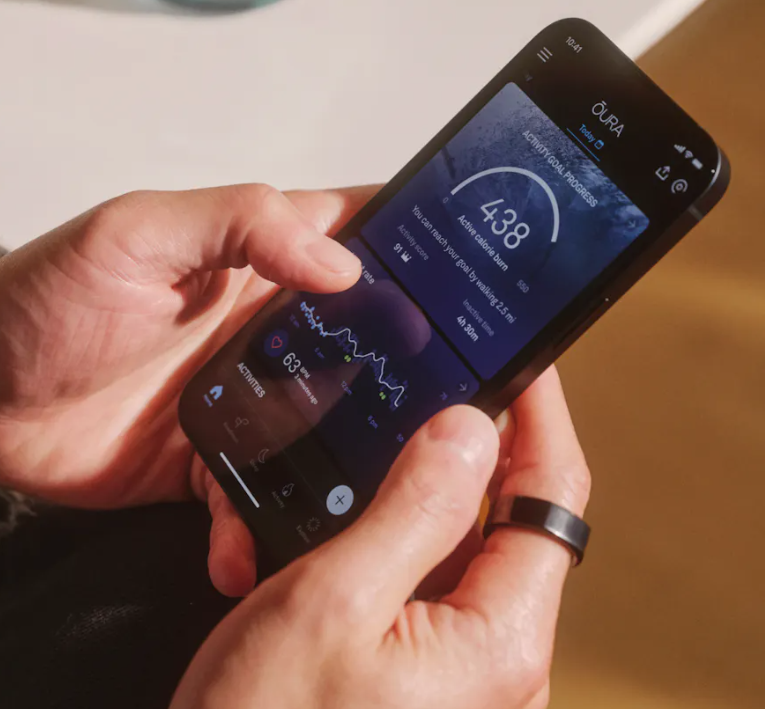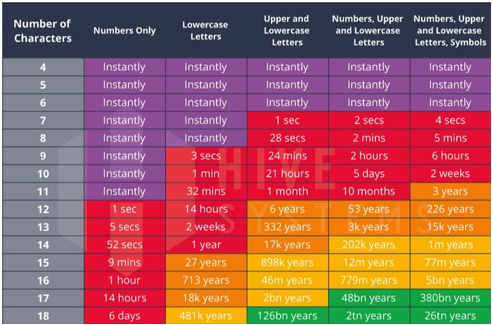 Every day the news is filled with stories of organizations that got hacked, data that was stolen and people’s personal information that has been compromised. In fact, it seems so common place now that we’ve almost become numb to it.
Every day the news is filled with stories of organizations that got hacked, data that was stolen and people’s personal information that has been compromised. In fact, it seems so common place now that we’ve almost become numb to it.
Ask yourself the question – when Home Depot announced on September 9th, 2014 that 56 million credit cards were compromised, did you do anything?
The reality is that there’s not much you can personally do to prevent Home Depot (or any other organization) from losing (or inadvertently sharing) your credit card information. What you can do is take reasonable measures to control what you do with your own stuff. So this week I’m writing a tip on how to better protect your PC/laptop when you are accessing the Internet.
ZoneAlarm Free from Check Point (a global Internet security solutions company) is software that runs on your computer and acts as a personal firewall that blocks both inbound and outbound traffic that it believes to be suspicious. I’m not usually an advocate of things that are free, especially when it comes to Internet security, but ZoneAlarm Free is a nice product that adds a good layer of protection to your PC. It has also won many annual awards from reputable computer reviewers, such as PC Magazine.
What I like the most about this product is that should your PC ever get infected with a virus/malware and it attempts to communicate back out to the Internet, there’s a good chance that ZoneAlarm is going to prevent that communication from happening.
 Think of it this way: A thief has broken in to your home and is about to walk out with your wallet, ZoneAlarm stops the thief at the front door (on the way out) and prevents your wallet from leaving the premises.
Think of it this way: A thief has broken in to your home and is about to walk out with your wallet, ZoneAlarm stops the thief at the front door (on the way out) and prevents your wallet from leaving the premises.
Here is where you can download ZoneAlarm Free, directly from Check Point’s site: https://www.zonealarm.com/security/en-us/fza-install-steps.htm.
 The free version will prompt you to install a Privacy Toolbar on to Internet Explorer, unless you choose ‘Custom Install’ and ‘Skip all offers’. You also won’t get this if you go with the paid version. I did install the toolbar and it does add some nice secure search features, but I found that it tended to slow the IE browser down a bit. Not a big deal for me though as I mostly use Chrome for my browsing anyway.
The free version will prompt you to install a Privacy Toolbar on to Internet Explorer, unless you choose ‘Custom Install’ and ‘Skip all offers’. You also won’t get this if you go with the paid version. I did install the toolbar and it does add some nice secure search features, but I found that it tended to slow the IE browser down a bit. Not a big deal for me though as I mostly use Chrome for my browsing anyway.
When you first get started, you’re going to have to interact with the firewall a little as it gets used to your system and the applications you use. You’re going to see this in the form of pop-ups from ZoneAlarm asking you to accept or deny access for specific applications.
Many of these applications are looking for updates or are sending usage statistics home. Your job is to decide which programs you want to stay updated (i.e. Word, Adobe, and Java).
When you get a pop-up alert you will see the name of the program that is trying to access the Internet. If you don’t recognize it do a quick google search and then decide if you want to ‘Allow’ or ‘Deny’ it. When you ‘Allow’ a program you can also check the box ‘Remember this setting’ and ZoneAlarm will not bother asking for permission again. If you aren’t 100% sure, click Deny.
Note 1 – You do need to be patient during this phase and take the time to let the program learn your system. If you get tired of doing it and ‘Allow’ everything then you are defeating the purpose of installing the firewall in the first place.
Note 2 – This product does not take the place of commercial Anti-Virus software. You still need to be running a paid subscription from a reputable Anti-Virus software firm. ZoneAlarm does offer an anti-virus add-on but I have no experience with it so I cannot advise one way or the other on its effectiveness. Also, if you are using a more robust Internet Security package that comes with a built-in firewall then ZoneAlarm may interfere more than help. I use ZoneAlarm in conjunction with McAfee’s Anti-Virus-only product and they work great together.
I have been running ZoneAlarm Free for over a month now and the pop-ups ended after about a week or so. Your results may vary based on the number and type of applications you use. I have also read that if you have anything less than 4GB Ram on your computer you might see an impact on performance – apparently it can be a memory hog.
The only other thing that happened to me was that it blocked my outbound VPN connection back to the office. I remedied this by adding the destination IP address as a trusted zone on the firewall zone settings. So, be mindful of that if you are using a remote connection tool to work and it stops working after you have installed ZoneAlarm.
For other great tips on security; check out some of our previous posts: Stronger Passwords and Malware and Viruses.








[…] Another way to stay safe while browsing is this helpful tip to protect yourself from virus/malware – Is Your PC Sharing Your Information? […]